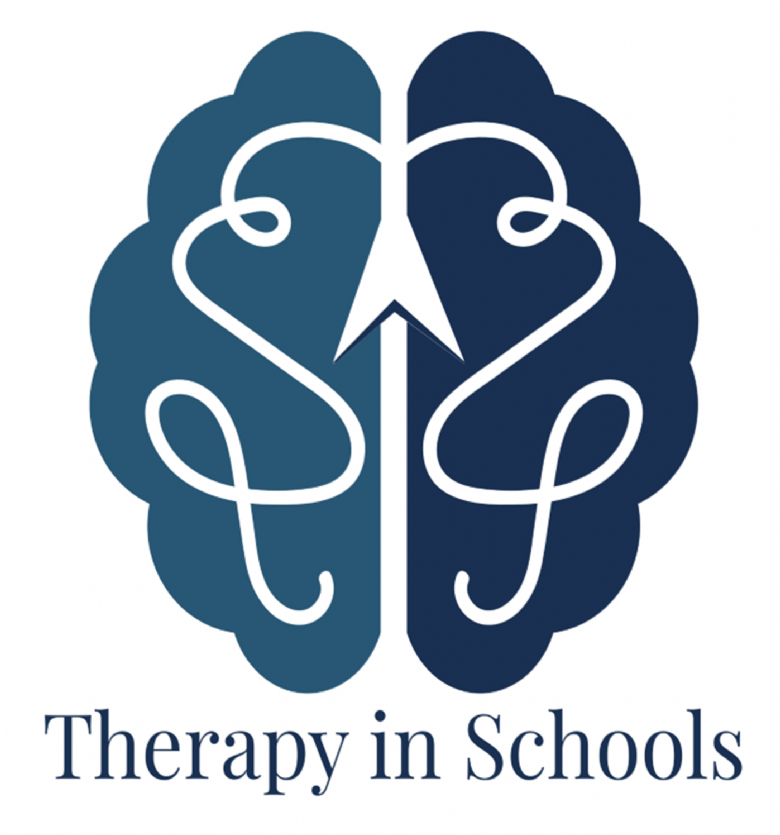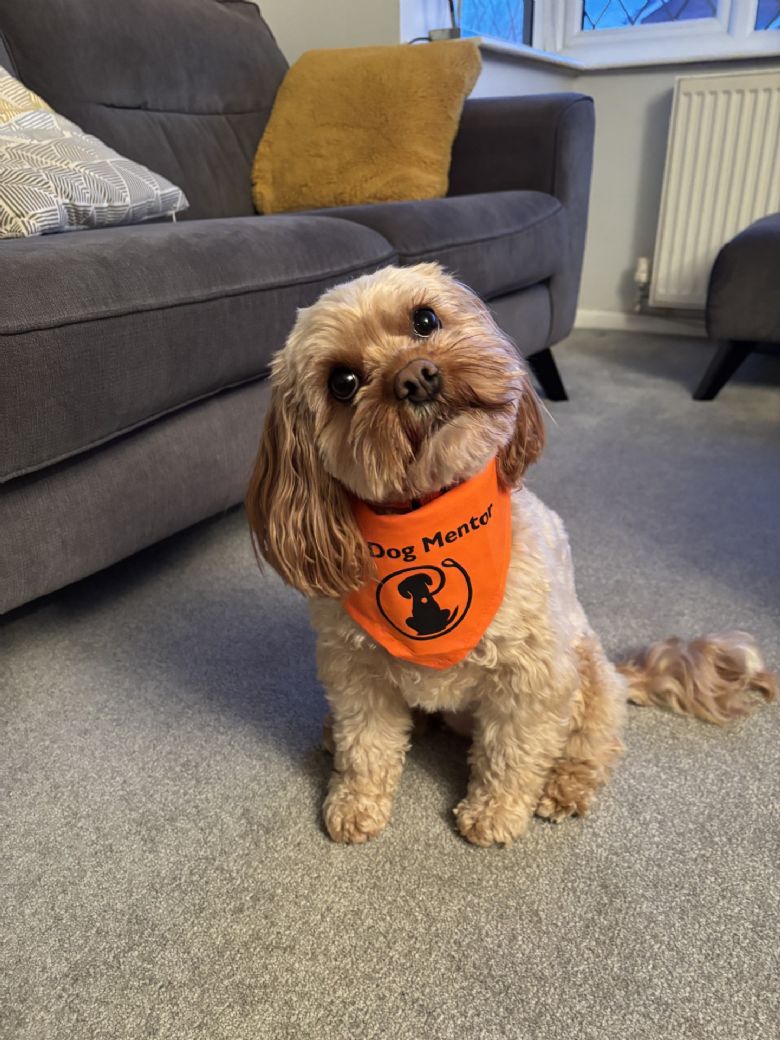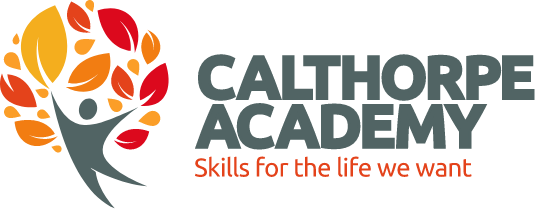Interventions
 Caroline Dyson - I am a qualified teacher and integrative counsellor accredited with the British Association of Counselling and Psychotherapy (BACP). I have worked in a range of educational settings for over 25 years as well as working in an inpatient CAMHS hospital. I use a variety of approaches to support students at Corley including: Cognitive Behavioural Therapy (CBT); Eye Movement De-sensitisation and Reprocessing (EMDR); clinical hypnotherapy; Mentalisation Based Therapy (MBT); Mindfulness; integrative counselling and Dog Mentor sessions with my therapy dog, Molly. I deliver individual and group interventions for various presenting issues such as managing emotions, coping with grief, self-harm, suicidal ideation, sleeping issues, eating difficulties, social skills or self-esteem. I also deliver training and support to staff/parents as needed.
Caroline Dyson - I am a qualified teacher and integrative counsellor accredited with the British Association of Counselling and Psychotherapy (BACP). I have worked in a range of educational settings for over 25 years as well as working in an inpatient CAMHS hospital. I use a variety of approaches to support students at Corley including: Cognitive Behavioural Therapy (CBT); Eye Movement De-sensitisation and Reprocessing (EMDR); clinical hypnotherapy; Mentalisation Based Therapy (MBT); Mindfulness; integrative counselling and Dog Mentor sessions with my therapy dog, Molly. I deliver individual and group interventions for various presenting issues such as managing emotions, coping with grief, self-harm, suicidal ideation, sleeping issues, eating difficulties, social skills or self-esteem. I also deliver training and support to staff/parents as needed.
 Molly - I am a 4-year-old Cavapoo (King Charles Cavalier x Poodle) who trained with the Dog Mentor (www.thedogmentor.co.uk). I come to Corley with my owner, Caroline Dyson, one day each week and love seeing the staff and students, as my constantly wagging tail proves! I deliver interventions to students (groups or individuals) to help them learn to manage their emotions, build their confidence, develop social skills and develop their communication. I'm there to help people calm down or cheer them up if they need. I am often around during break and lunchtimes so everyone can see me. Sometimes I go into the classrooms and spend time with whole classes. I love meeting the new year 7 students and helping them settle into Corley.
Molly - I am a 4-year-old Cavapoo (King Charles Cavalier x Poodle) who trained with the Dog Mentor (www.thedogmentor.co.uk). I come to Corley with my owner, Caroline Dyson, one day each week and love seeing the staff and students, as my constantly wagging tail proves! I deliver interventions to students (groups or individuals) to help them learn to manage their emotions, build their confidence, develop social skills and develop their communication. I'm there to help people calm down or cheer them up if they need. I am often around during break and lunchtimes so everyone can see me. Sometimes I go into the classrooms and spend time with whole classes. I love meeting the new year 7 students and helping them settle into Corley.
 Speech and Language Intervention ~ Mr Powell
Speech and Language Intervention ~ Mr Powell
Hello, I am Mr Powell, and I’m based in Student Support on Mondays delivering Speech and Language (S&L) intervention. I’ve worked as a teaching assistant at Corley since 2021, supporting students of all ages with a variety of needs in a range of different subjects. Students with speech, language, and communication difficulties can experience a wide range of challenges when expressing and understanding language, interacting with others, and using language effectively in social contexts. These difficulties can affect a person's ability to produce speech sounds, understand spoken language, and use language to communicate thoughts and ideas. With autism, these difficulties are often compounded.
I will work closely with our qualified Children’s S&L Therapist working with C&W Partnership NHS Trust, to deliver targeted S&L intervention to students with an identified S&L in school. The intervention will support children and young people with a range of speech, language and communication needs including stammering, expressive and receptive language difficulties and speech sound challenges. The support will be delivered in either a small group or in a 1:1 setting and the monitoring of progress will be overseen by the speech and language therapist.
 Sensory Support - Ms Yianni
Sensory Support - Ms Yianni
Hello, my name is Mrs Yianni and I have been at Corley Academy since 2018 as a HLTA Cover Supervisor. I am based in student support on a Tuesday running sensory interventions/ circuits.
Sensory Circuits use sensory-based movement activities which prepare young people for the day's learning and help them to achieve the 'just right' level of alertness they need to concentrate. They are made up of around 15-20 minutes of activities (including alerting activities, organising activities and calming activities) to help with sensory regulation which enable students to achieve optimal levels of alertness requires for effective learning.
Helpful websites:
Children's Choice Therapy - sensory circuits
Wye Valley NHS Trust - Sensory Circuits
 Drawing and Talking - Ms Whinmill
Drawing and Talking - Ms Whinmill
Hello, I am Ms Whinmill, I am based in Student Support on Wednesdays. In contrast to current solution-focused and cognitive-based therapies and interventions, Drawing and Talking enables people to explore and express emotions through an undirected method. To promote trauma recovery, drawing and talking therapy go beyond our frequently restricted cognitive abilities or logical and sequential processing. Drawing and Talking Therapy goes beyond simply asking "Why?" and improves Corley Academy's capacity to assist the emotional health of the students under our care. Consequently, creating the emotional space needed to reflect, process and heal, (Drawing and Talking, 2024).
 Protective Behavours Intervention -Mr Court
Protective Behavours Intervention -Mr Court
Hello, I am Mr Court. I am based in student support on Thursdays. Prior to joining Corley Academy as a teaching assistant in February 2025 I was a detective constable with over 27 years of law enforcement experience. My role within student support will be to develop specific students understanding of protective behaviours and how they can enhance their safety and well-being in potentially risky situations. Addressing protective behaviours, such as being aware of surroundings, using assertiveness, seeking help, setting boundaries and practicing self-care with students who require this intervention, is a crucial component of safeguarding practices and can help prevent victimisation and promote positive mental health.
 Animal Intervention - Ms Storer
Animal Intervention - Ms Storer
Hello, I am Mrs Storer, I am based in Student Support on a Friday. I have been with Corley for 8 years as a Teaching Assistant. Since September 2024 I have been doing animal intervention with various students. I have a qualification in Animal Care Course Level 2. We will be getting live animals within our school in order for the students to learn how to look after and care for these animals. Studies have shown that having animal intervention can be beneficial to the students, as animals are non-judgmental so the students can feel relaxed around them. Having the animals can reduce feelings of loneliness and anxiety. By caring for animals helps children develop empathy, patience and social skills. The presence of animals encourages better behaviour as students strive to maintain a calm environment for their furry friends. We will also introduce reading to the animals during interventions to help improve students’ reading skills.
Helpful Websites










